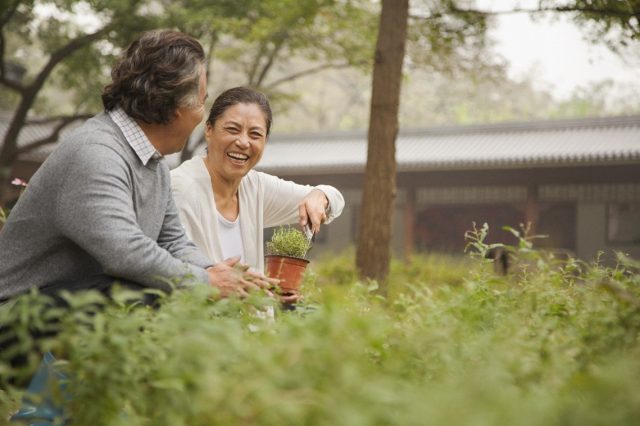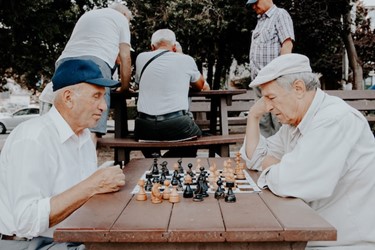As a CEO in the healthcare sector, Morris Oiring crafts numerous initiatives that have enhanced patient access to quality care, reduced costs, and overall satisfaction. As his guiding principle, Oiring aspires to positively impact the lives of many senior citizens. In the following article, Morris Oiring discusses the power of friendship and community within senior living communities, uncovering the secrets to building enduring friendships, fostering a sense of belonging, and creating a haven where shared stories enrich the tapestry of life.
Today, there are about 55.8 million adults aged 65 and older living in the United States, accounting for about 16.8 percent of the country’s population.
Out of this number, over 818,000 seniors currently reside in assisted living communities, which accounts for about 88 percent of all senior residential care community residents. There are also more than 30,600 active senior communities operating in the United States today.
Senior communities are a popular choice among older adults who prefer to live independently.
Morris Oiring Takes a Journey into the Heart of Senior Communities
The term “senior living community” is a general term for the various types of care and housing options for older adults aged 55 and older. These communities cater to different lifestyles and medical care needs such as assisted living, memory care, independent living, and retirement communities. The ideal facility for any individual depends on their specific needs and preferences.
Assisted living and independent living are two of the most common types of senior communities. Assisted living communities are usually licensed, as they provide a wide range of services which include personal care, medical management, emergency response, and even dining options.
On the other hand, independent living communities do not require a license. Morris Oiring explains that they cater to seniors who are able to live independently and require no assistance, although emergency response is typically available.
No matter the type, one of the main goals of each senior community is to maximize the independence and socialization of its residents.
Why Friendship is Important as We Age
Friendships are vital at any age, but they become even more important as we age. Social engagement provides seniors with plenty of benefits such as increased longevity and reduced risk of mental health issues.
Morris Oiring explains that other benefits of building lasting relationships among seniors include:
- Creates Happiness: According to a study conducted by the American Association of Retired Persons (AARP), seniors say that their friendships have significantly positive effects on their health and happiness. The study also found that individuals who regularly spent time with friends showed lower blood pressure, reduced stress levels, and improved mental sharpness.
- Combats Depression: Lacking a sense of community and purpose will negatively impact anyone’s mental health. Developing and maintaining friendships provides an important sense of belonging. Having friends to lean on during tough times also greatly contributes to reduced depression.
- Promotes Longer Life: Friendship directly contributes to longevity due to its many health benefits. A study with over 300,000 participants found that the survival rate of participants increased to 50 percent when they had strong social relationships, regardless of their sex, age, and health status.
How Senior Communities Promote Friendship Among Their Residents
 Amenities
Amenities
Morris Oiring notes that senior communities encourage their residents to socialize and build friendships. To support this effort, they often provide amenities such as salons, barbers, movie theaters, libraries, and spaces for gatherings, ceremonies, festivals, and special events.
Social Activities
As previously mentioned, senior communities offer plenty of opportunities for their residents to socialize in order to boost their morale, stimulate their minds, and encourage relationships. Regularly hosted programs and events also help older adults to discover new hobbies and interests while reducing the risk of social isolation.
This also gives seniors events to look forward to, allowing them to participate as much or as little as they want. Morris Oiring notes that social activities in senior communities may include game nights, live concerts, shopping trips, and even off-campus events.
Learning Opportunities
Of course, you can still teach an old dog new tricks! Senior communities also provide their residents with various learning opportunities by forming clubs or inviting experts and professors to conduct lectures on various topics. A person is never too old to stop learning.
Morris Oiring also explains that learning not only keeps residents engaged, but it gives them a good chance to make new friends and expand their social circles as well.
Senior communities provide a great environment for older adults to learn, thrive, and be happy. But most of all, these communities play a big role in allowing residents to find lasting relationships and support systems that help them age gracefully.



 Amenities
Amenities


